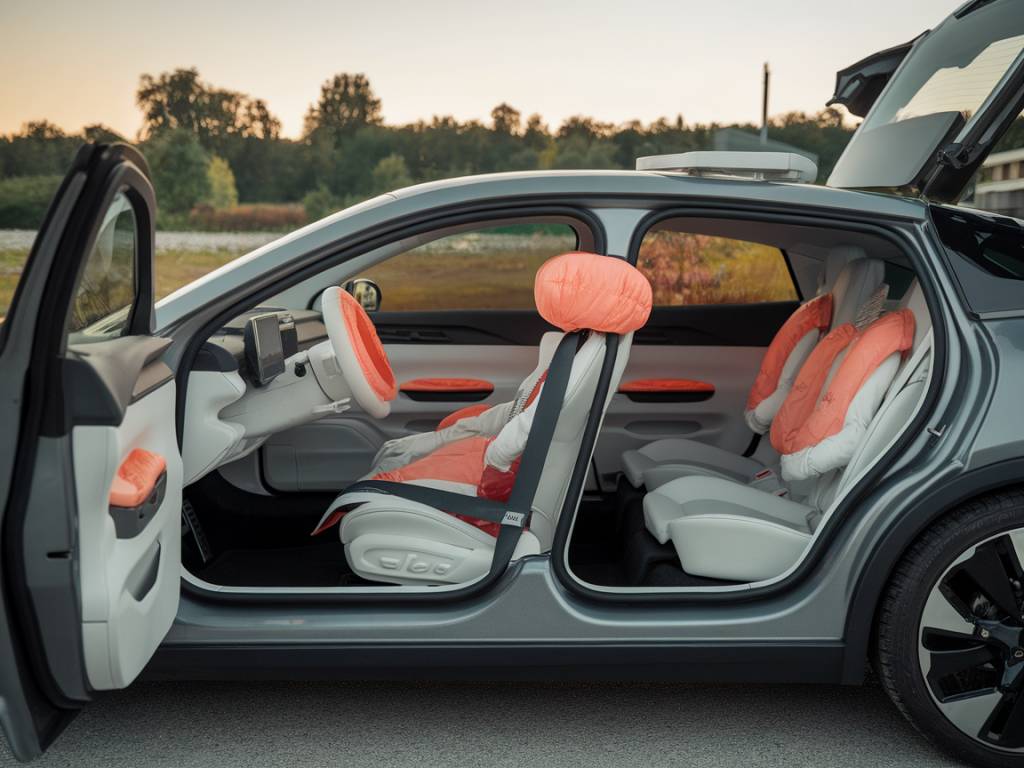Understanding Extended Warranties: Are They Necessary for a New Car?
Ah, the exhilarating experience of a new car! The smell of the fresh upholstery, the sleek design, the new tech features – all picture-perfect until you are confronted with the inevitable question at the dealership, “Would you like to add an extended warranty?” This question is enough to create a slight pause in the excitement. With varying opinions and anecdotes floating around, how does one decide? Let’s explore the pros and cons of extended warranties for new cars to help clear the fog.
The Pros of Opting for an Extended Warranty
Extended warranties, or vehicle service contracts, come with their cherries on top. Here are some compelling reasons why you might want to consider opting for one.
Peace of Mind
One cannot put a price tag on peace of mind. Knowing you are protected from unforeseen repair costs after the manufacturer’s warranty expires can be quite comforting. It’s a bit like having a safety net during a daring trapeze act.
Budget Protection
Car repairs can be an unexpected blow to your monthly budget. Imagine being relaxed with your cup of tea when suddenly, out of the blue, comes a massive repair bill! An extended warranty shields you from such unpleasant surprises, ensuring that such bills don’t derail your finances.
Increased Resale Value
An extended warranty may make your car more attractive to potential buyers. It’s a bit like selling a sleek smartphone with insurance coverage – the safety net is reassuring to the next owner, who might be willing to pay a premium for that peace of mind.
Transferable Benefits
Many extended warranties are transferable to a new owner, sweetening the deal if you decide to sell your car before the contract expires. It’s a little bonus buffer that could speed up a sale and enhance negotiations in your favour.
The Cons of an Extended Warranty
Of course, not everything is sweet in the world of extended warranties. There are certain drawbacks to keep in mind before signing on the dotted line.
Costly Affair
Extended warranties can be costly, and if you happen to be one of the lucky ones with a reliable car model that rarely requires repairs, you might end up paying for peace of mind you don’t actually need.
Overlapping Coverage
Most new cars come with a manufacturer’s warranty that covers a good chunk of the car’s life span. An extended warranty might result in overlapping coverage, essentially paying twice for the same protection during those initial years.
Exclusions and Limitations
Every warranty comes with its set of terms and conditions, which sometimes feel more limiting than liberating. Not all repairs are covered, and it’s vital to thoroughly read the fine print to understand what you’re really paying for.
Delayed Benefits
Since extended warranties typically kick in after the manufacturer’s warranty expires, the benefits are delayed. You might find yourself waiting quite a few years before actually needing to lean on this backup plan.
Evaluating Your Options: When to Consider an Extended Warranty
Before you take the plunge, weigh your personal circumstances. Here are a few guiding questions that could help steer your decision.
- How long do you plan to keep the car? If it’s a short-term affair, the benefits might not outweigh the costs.
- Is the car’s reliability stellar, or does it have a history of issues? Online reviews and expert opinions can offer insight here.
- Are you a frequent traveler, which could increase wear and tear?
- Does the peace of mind justify the price for you? For some, this alone is worth the investment.
Alternatives to Extended Warranties
If the hesitation about adding an extended warranty persists, consider setting aside a « car fund » for future repairs. Think of it as a self-insured extended warranty that you control. This way, your money isn’t locked into something you may never utilize.
Wrapping It All Up: Making the Best Choice for You
Your decision to opt for or against an extended warranty should be based on a blend of understanding your vehicle, your personal usage, and, importantly, your financial comfort zone. If you’ve just driven off in a new vehicle, and you’re torn by this question, remember that there’s no one-size-fits-all answer. Much like choosing toppings on a pizza, it’s ultimately about what suits your taste – and budget. Now, with these pros and cons at your disposal, you’re better equipped to make a decision that aligns with both your automotive and financial future. Safe driving!




